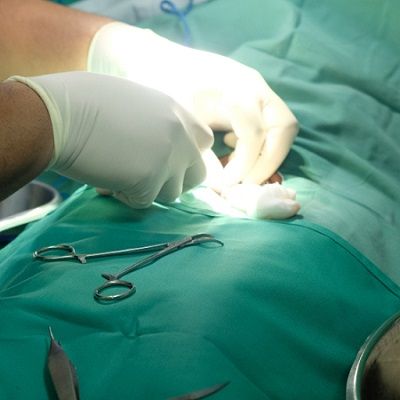Male Circumcision in Dubai is a practice deeply embedded in the cultural and religious fabric of Dubai, a city where Islamic traditions strongly influence daily life. While circumcision is practiced in various cultures and religions around the world, in Dubai, it holds particular significance due to its roots in Islamic teachings and its role in the social and cultural identity of the community. This article delves into the cultural and religious importance of male circumcision in Dubai, exploring its historical roots, religious foundations, and contemporary practices.
Historical Roots of Circumcision in Islamic Culture
Circumcision, known as "Khitan" in Arabic, has been a part of Islamic culture for centuries, predating Islam and rooted in the practices of earlier Semitic peoples. In Islamic tradition, the practice is believed to follow the example set by the Prophet Ibrahim (Abraham), who is revered in Islam, Christianity, and Judaism. The continuation of this practice by Prophet Muhammad further solidified its importance in the Islamic faith.
In Dubai, as in many Islamic societies, circumcision is viewed as a rite of passage that marks a boy's entry into the broader Muslim community. This tradition has been passed down through generations, with the procedure typically performed in infancy or early childhood, often during a religiously significant time, such as during the first few weeks of life or on the seventh day after birth.
Religious Foundations of Circumcision in Islam
While the Quran does not explicitly command circumcision, it is strongly recommended in the Hadiths (sayings and practices of Prophet Muhammad). In Islam, circumcision is considered an act of "Fitrah," which refers to the natural state of being clean and pure. This concept is central to Islamic teachings, which emphasize personal hygiene, physical cleanliness, and spiritual purity.
Circumcision is also seen as a covenant with God, symbolizing a Muslim male's commitment to his faith and his adherence to the Sunnah (practices of the Prophet). In Dubai, this religious significance is reinforced by the communal support for circumcision, where families and religious leaders encourage the practice as part of fulfilling religious obligations.
Cultural Significance and Social Practices
Beyond its religious importance, circumcision in Dubai is a cultural tradition that strengthens family and community bonds. The ceremony often involves family gatherings, celebrations, and prayers, making it a communal event that extends beyond the immediate family. These gatherings serve to welcome the child into the community and to seek blessings for his future.
In Dubai, circumcision is often accompanied by rituals and customs that reflect the city's blend of tradition and modernity. For example, while the procedure is medically supervised in hospitals or clinics to ensure safety, the cultural aspects, such as the celebration and prayers, are conducted in a traditional manner. This combination highlights the balance between maintaining religious and cultural practices while embracing modern healthcare.
Contemporary Practices in Dubai
In contemporary Dubai, male circumcision is widely practiced across all social classes and is typically performed shortly after birth. The procedure is carried out by qualified medical professionals in hospitals or specialized clinics, ensuring that it meets the highest standards of medical care. This modern approach to circumcision reflects the city's commitment to blending tradition with progress, ensuring that religious practices are upheld while also prioritizing the health and well-being of the child.
The widespread availability of circumcision services in Dubai's medical facilities also underscores the procedure's cultural normalization. It is viewed as a routine practice, deeply embedded in the identity of the Muslim community in Dubai.
Conclusion
Male circumcision in Dubai is a practice steeped in both cultural and religious significance. It serves as a vital link between the city's Islamic heritage and its modern identity, symbolizing adherence to religious obligations and cultural traditions. As Dubai continues to grow and evolve, circumcision remains a cornerstone of the community’s cultural and religious practices, reinforcing the values of cleanliness, purity, and faith that are central to Islamic life.





Comments